March 27, 2016
5 Comments
A new dress, even if it had been my sister’s.
Helmet-like perms, and all of us
in soft white cotton gloves, with vertical ridges stitched in
above each knuckle, so they stood up,
like Mickey Mouse’s on Saturday morning.
The matching hats were courtesy of Jackson’s Department Store’s bargain bin,
Fill a basket, five bucks out the door,
their out-sized pink and blue plastic daisies haphazardly attached,
head wear meant for the deranged.
Our conspiratorial looks as we were herded together
for the obligatory snapshot on the stone steps after Mass,
the sunlight harsh on a still-frigid April morning,
swiss dot and stiff crinolines lofting in the wind.
Embarrassed by my sturdy white knee socks,
I yearned for the silk stockings
Worn by my older sisters, who flanked me.
Stationed solemnly in front
was our younger brother, happy to form his own line,
quietly proud of his clip on bow-tie and tartan vest and
perfectly pressed little wool trousers.
Chins up! Stand straight! came the reprimands,
but not one of us listened.
At least one child would turn her head away that day just as the shutter clicked.
Another would squint unbecomingly against the glare.
And the third, the face of the third girl
would show to the camera a look of such sadness
as is unimaginable in one so young.
Now piled deeply in this battered shoebox,
the sorting job no one ever took on,
these celluloid witnesses to our lives.
The edges scalloped like icing on a cake,
bearing hairline cracks, some of our heads and limbs torn asunder,
the truest chronicle of those years,
bringing with it the simple message
that each of us might have done better
if we’d only known how.
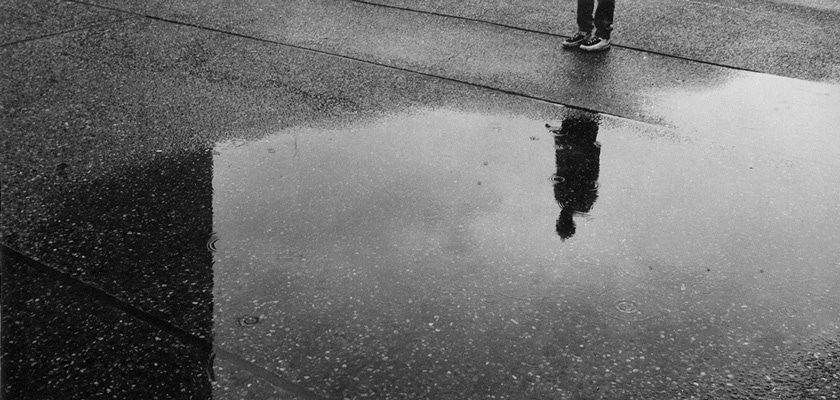
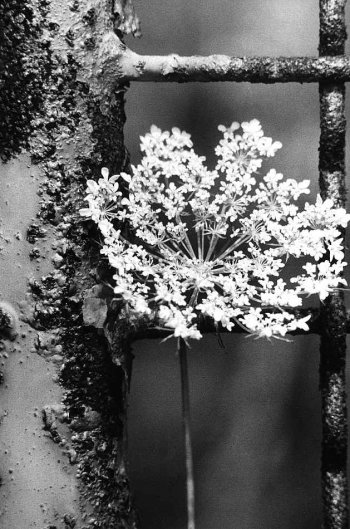

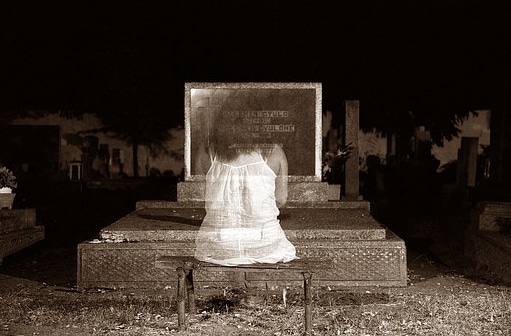
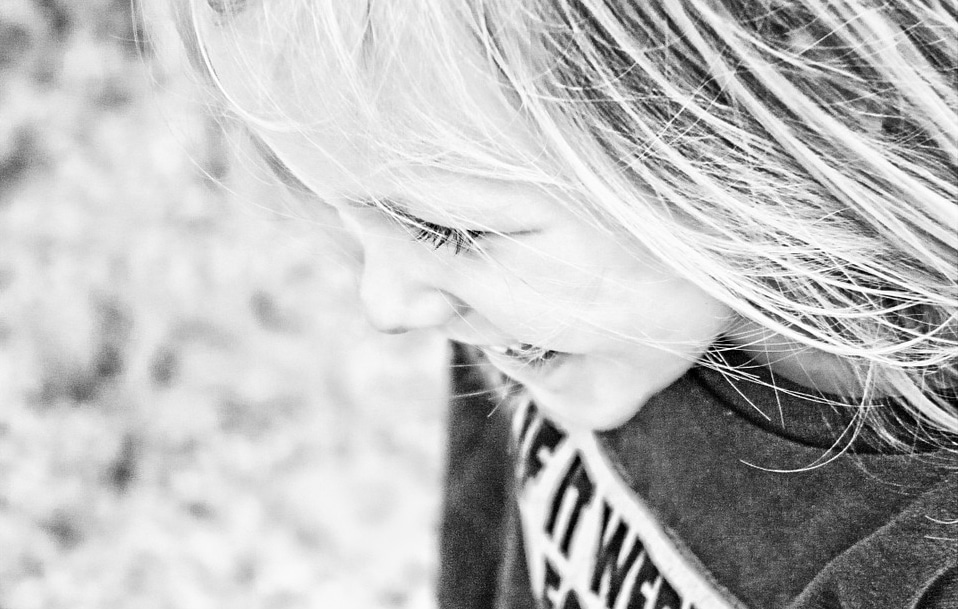

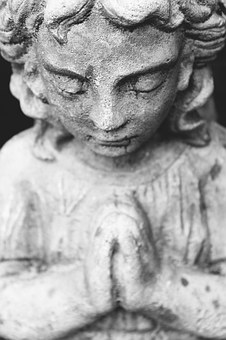
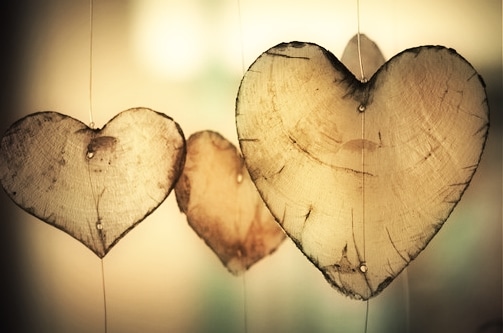
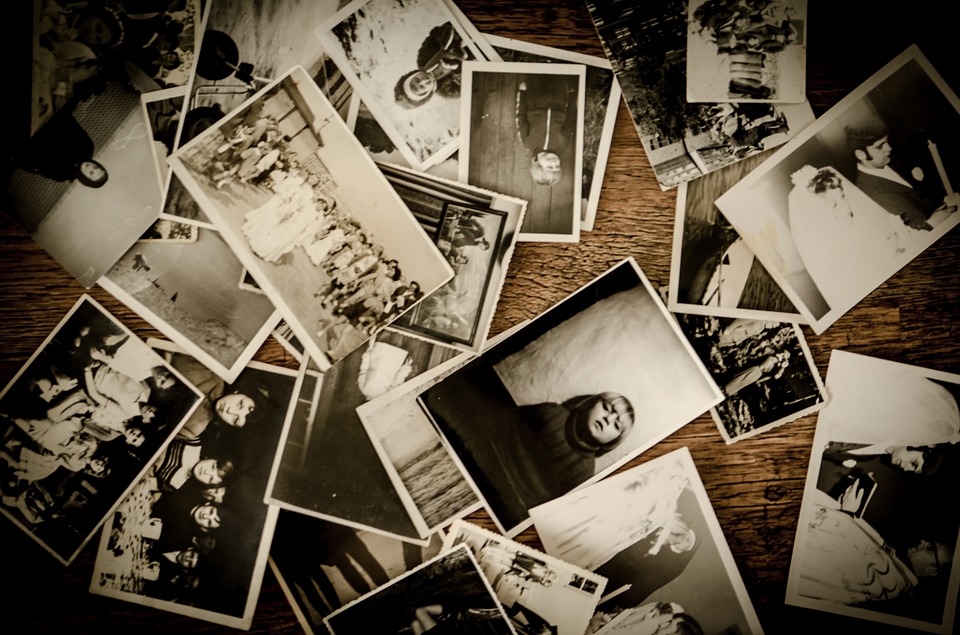




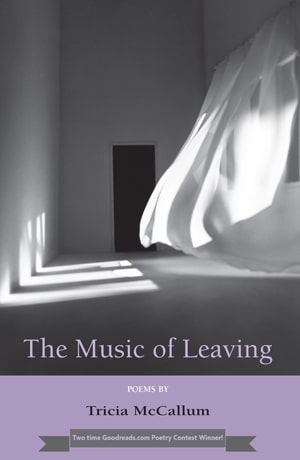




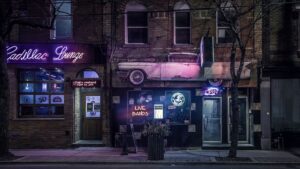
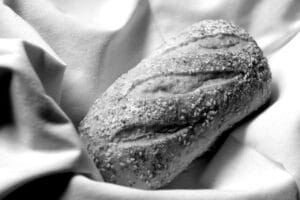
Thanks for sharing